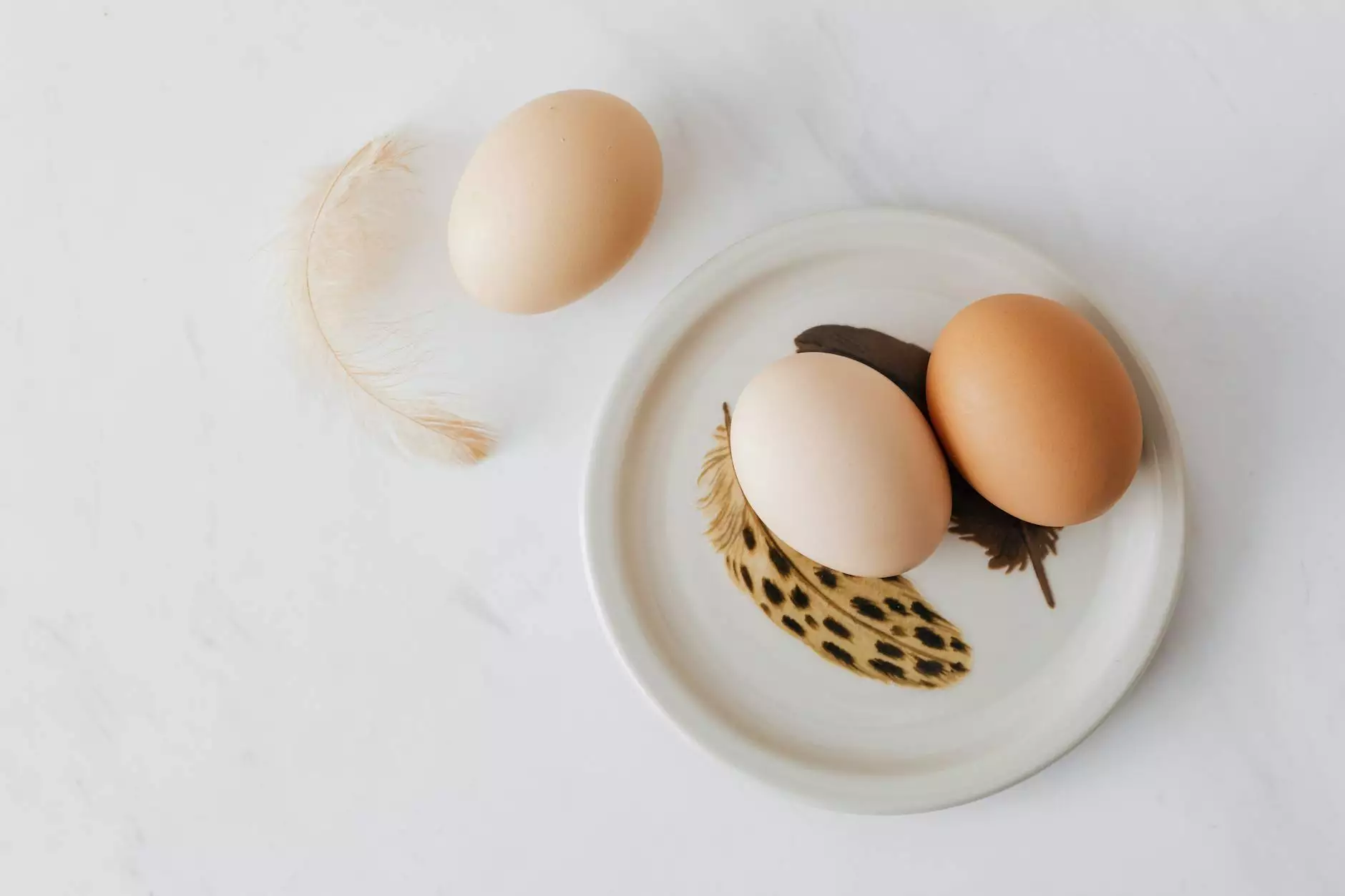The Ultimate Guide on How to Lower Cholesterol Quickly

Cholesterol management is an essential aspect of maintaining overall health, especially as we age. With soaring rates of heart disease, understanding how to lower cholesterol quickly can significantly improve our well-being. In this comprehensive guide, we will delve deep into effective strategies, from dietary modifications to lifestyle changes, that can help you achieve and maintain a healthy cholesterol level.
Understanding Cholesterol
Before we discuss how to lower cholesterol quickly, it is crucial to understand what cholesterol is. Cholesterol is a waxy substance found in your blood, which is vital for building cells. However, when levels become elevated, particularly low-density lipoprotein (LDL), it can lead to plaque build-up in arteries, increasing the risk of heart disease.
The Types of Cholesterol
Cholesterol is categorized into three main types:
- Low-Density Lipoprotein (LDL): Often referred to as "bad" cholesterol, high levels of LDL can lead to artery blockages.
- High-Density Lipoprotein (HDL): Known as "good" cholesterol, HDL helps remove LDL cholesterol from the bloodstream.
- Triglycerides: A type of fat found in the blood; high levels can also increase the risk of heart disease.
Why Is It Important to Lower Cholesterol?
Maintaining a healthy cholesterol level is critical for several reasons:
- Preventing heart disease and stroke.
- Reducing the risk of atherosclerosis, which is the build-up of plaque in the arteries.
- Enhancing overall cardiovascular health.
Effective Dietary Strategies
One of the most powerful ways on how to lower cholesterol quickly is through dietary changes. Implementing the following food strategies can lead to significant improvements in cholesterol levels.
1. Increase Soluble Fiber Intake
Soluble fiber helps reduce LDL cholesterol. Foods rich in soluble fiber include:
- Oats: Start your day with a warm bowl of oatmeal.
- Beans and Lentils: Incorporate them into soups or salads.
- Fruits: Apples, oranges, and berries are excellent options.
- Vegetables: Carrots, Brussels sprouts, and sweet potatoes provide necessary fiber.
2. Eat Healthy Fats
Substituting unhealthy saturated fats with healthier unsaturated fats can make a big difference. Focus on:
- Avocados: Creamy and nutrient-rich, perfect for spreading on toast.
- Olive Oil: Use extra virgin olive oil for cooking or dressings.
- Nuts and Seeds: Almonds, walnuts, and chia seeds are excellent for snacking.
3. Incorporate Omega-3 Fatty Acids
Omega-3 fatty acids are known for their heart health benefits. Include the following sources in your diet:
- Fatty Fish: Salmon, mackerel, and sardines are rich in omega-3s.
- Flaxseeds and Chia Seeds: Great additions to smoothies.
- Walnuts: Excellent as a snack or in salads.
Lifestyle Changes to Consider
In addition to dietary changes, certain lifestyle modifications can greatly assist in lowering cholesterol levels:
1. Engage in Regular Physical Activity
Exercise is beneficial in managing cholesterol levels. Aim for at least 150 minutes of moderate activity per week, such as:
- Walking briskly.
- Swimming.
- Cycling.
2. Maintain a Healthy Weight
Excess weight can contribute to high cholesterol levels. Losing even a modest amount of weight can improve your cholesterol balance. Consider the following tips:
- Set achievable weight loss goals.
- Keep track of your food intake and physical activity.
- Seek support from friends or weight loss programs.
3. Quit Smoking
If you smoke, quitting can improve your HDL cholesterol. Here are some tips:
- Seek support from programs designed to help you quit.
- Consider nicotine replacement therapies.
4. Limit Alcohol Intake
While moderate consumption of alcohol can have some heart benefits, excessive drinking can lead to adverse effects. Follow these guidelines:
- Men: Limit to two drinks a day.
- Women: Limit to one drink a day.
Herbal and Natural Supplements
In addition to the above strategies, several herbal and natural supplements are believed to help lower cholesterol:
- Plant Sterols and Stanols: These substances can block the absorption of cholesterol.
- Red Yeast Rice: Contains natural compounds that can inhibit cholesterol production.
- Garlic: May contribute to cholesterol reduction.
Regular Cholesterol Testing
To effectively manage cholesterol levels, routine testing is paramount. Consult with your healthcare provider about:
- How often you should have your cholesterol levels checked.
- Understanding your results and what they mean for your health.
Conclusion
Successfully lowering your cholesterol is an attainable goal. By implementing dietary strategies, engaging in physical activity, and making other lifestyle changes, you can take control of your health. Always consult with your healthcare professional before making significant changes, especially if you have underlying health conditions. Remember, your journey to lower cholesterol can profoundly impact your heart health and overall quality of life. Start today with small steps, and over time, those small changes will lead to substantial benefits!









